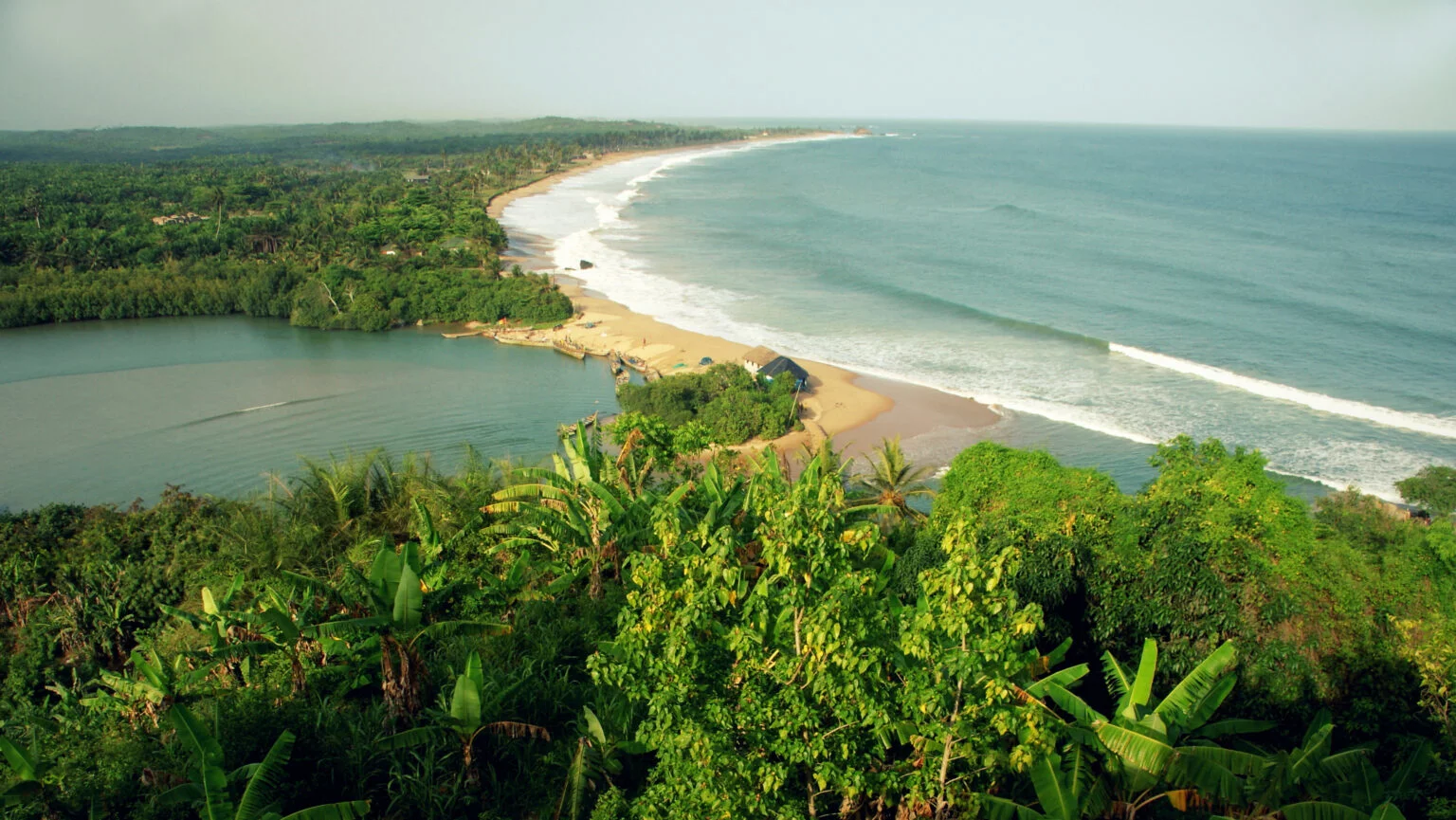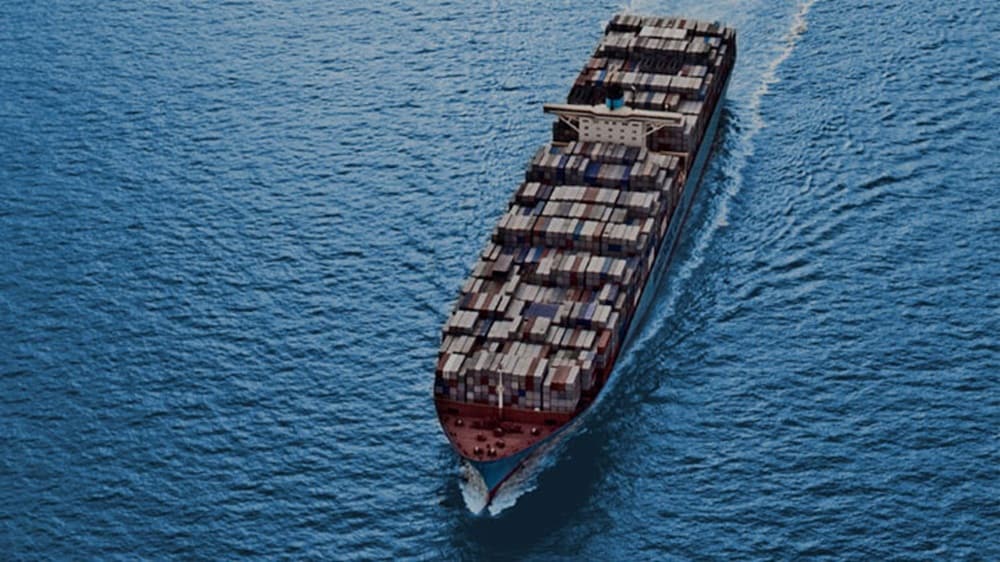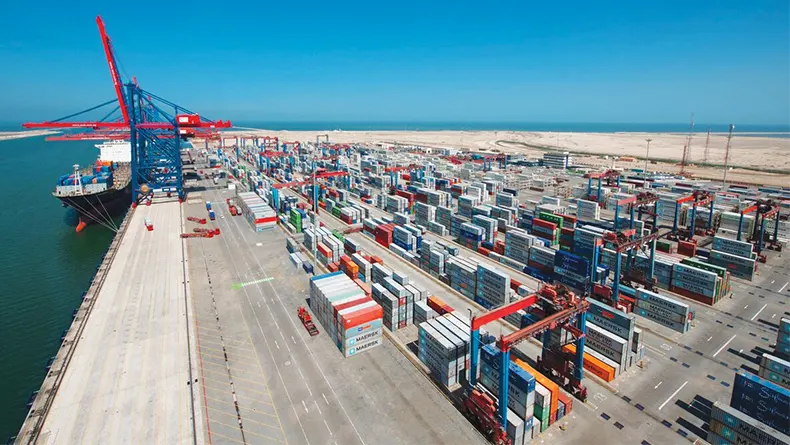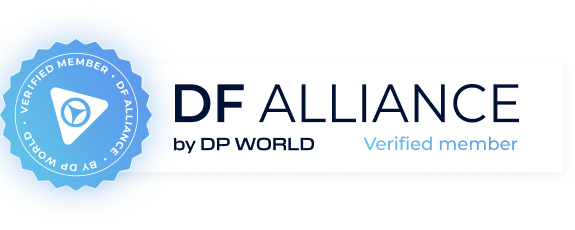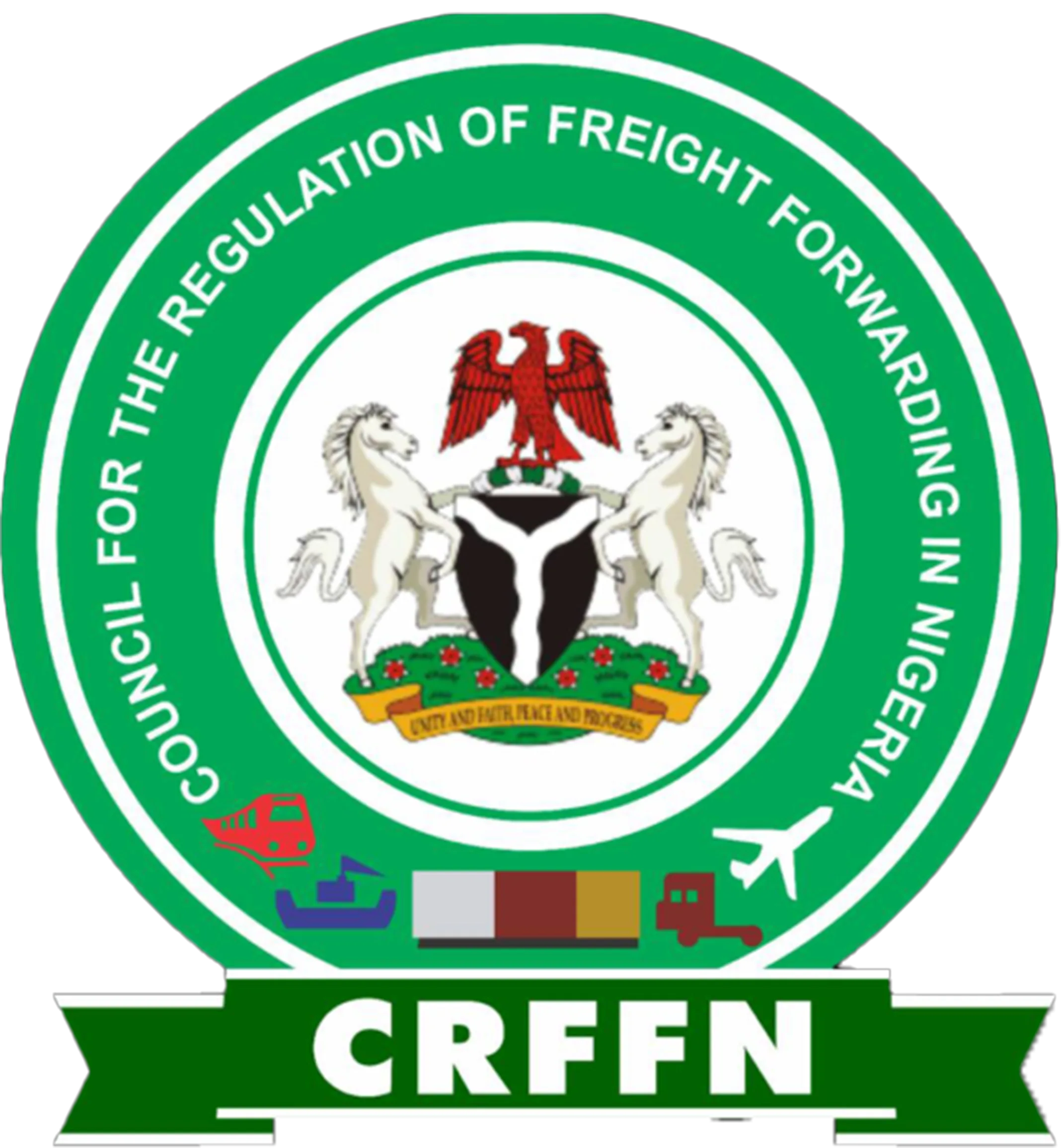Shipping to and from Senegal
We have been connecting Senegalese businesses across Africa and beyond for many years.
Limark has been a trusted partner for Senegalese businesses, facilitating access to international markets through end-to-end supply chain solutions. From Dakar to the world, we orchestrate the seamless movement of your diverse cargo, whether it’s agricultural produce, textiles, or industrial equipment.
Our comprehensive logistics expertise, coupled with an extensive network spanning the continent, empowers your Senegalese business to thrive globally, ensuring your goods reach their intended destinations with precision and reliability.
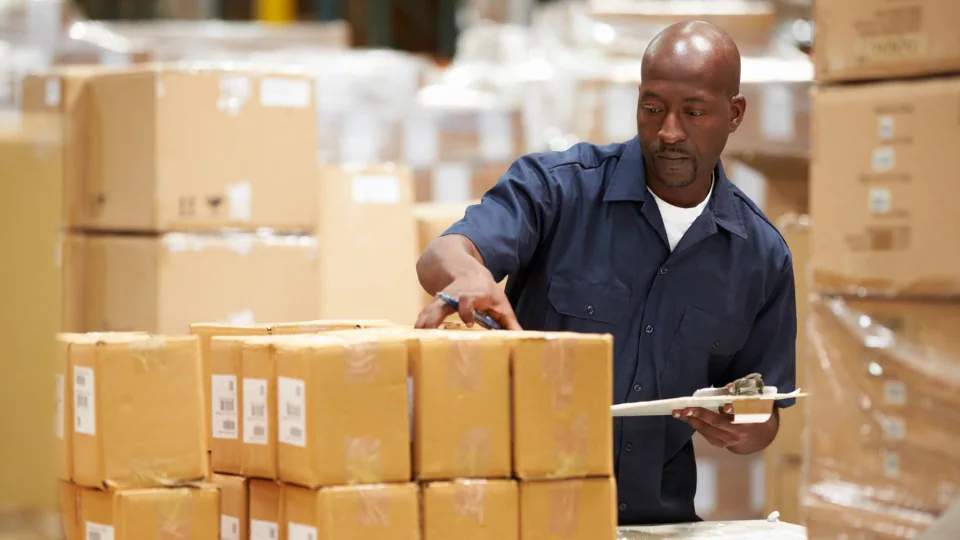
Import regulations
Importing goods to Senegal requires navigating specific procedures and documentation. Here’s a breakdown of the essential requirements:
Product categories requiring import licenses/permits
Food and Agricultural Products
- Imports of meat, dairy products, fish, grains, fruits, and vegetables require import permits from the Ministry of Agriculture and Rural Equipment (MAER).
- Phytosanitary certificates are required for plants and plant products to ensure they are free from pests and diseases.
- Import licenses from the Ministry of Trade and SMEs may be required for specific food products, such as rice, sugar, and wheat flour.
Pharmaceuticals and Medical Devices
- The Ministry of Health and Social Action regulates the import of pharmaceuticals and medical devices.
- A marketing authorization (AMM) is required for all medicines.
- Medical devices must be registered with the Directorate of Pharmacy and Medicine (DPM).
Chemicals and Hazardous Materials
- The Ministry of Environment and Sustainable Development regulates the import of chemicals and hazardous materials.
- Import permits are required, and detailed safety data sheets (SDS) must be submitted.
- Strict adherence to packaging, labeling, and transportation regulations is essential.
Vehicles and Spare Parts
- The Ministry of Infrastructure, Land Transport, and Opening up regulates the import of vehicles and spare parts.
- Import permits are required for vehicles.
- Age and emission standards apply to used vehicles.
Other Regulated Products
Additional import licenses or permits may be required for specific products like telecommunications equipment, explosives, firearms, and cultural artifacts.
Prohibited and restricted imports
Prohibited
- Narcotic drugs and psychotropic substances
- Pornographic and obscene materials
- Counterfeit and pirated goods
- Hazardous waste (Basel Convention)
- Ozone-depleting substances (Montreal Protocol)
- Toxic chemicals not approved by the Ministry of Environment
- Weapons and ammunition (except with authorization)
- Counterfeit currency and stamps
Restricted (require special permits)
- Live animals and animal products (require health certificates)
- Plants and plant products (require phytosanitary certificates)
- Alcohol and tobacco products (subject to high excise taxes)
- Used clothing (subject to specific conditions)
- Right-hand drive vehicles (except for special purposes)
- Radioactive materials
Relevant agencies
- Directorate General of Customs (DGD)
- Ministry of Finance and Budget
- Ministry of Agriculture and Rural Equipment (MAER)
- Ministry of Health and Social Action
- Ministry of Environment and Sustainable Development
- Ministry of Infrastructure, Land Transport, and Opening up
- Directorate of Pharmacy and Medicine (DPM)
Free Time
- Typically 10 days for general cargo and 21 days for containerized cargo after discharge.
- Varies depending on the shipping line and port.
Demurrage charges
- Applied when the free time is exceeded.
- Calculated per container, per day.
- Rates vary depending on the shipping line, container size, and time elapsed.
Detention charges
- Applied when the container is held beyond the agreed-upon time for return to the shipping line.
- Separate from demurrage charges.
- Rates vary depending on the shipping line and container size.
Storage Limitations
- Port terminals have limited storage capacity.
- Containers not cleared within the allowed time are moved to an off-dock depot at the importer’s expense.
Calculation Methods
Demurrage and detention charges are calculated based on calendar days, including weekends and public holidays.
Commercial Invoice
- Detailed description of goods (including HS codes)
- Quantity, weight, and unit price of goods
- Total invoice value (in USD or XOF)
- Incoterms (International Commercial Terms)
- Payment terms
- Consignee and consignor details
Packing List
- Detailed list of all items in each package
- Description, quantity, weight, and dimensions of each item
- Package markings and numbers
- Bill of Lading/Airway Bill:
- Evidence of the contract of carriage between the shipper and carrier
- Details of the shipment, including the consignee, consignor, and port of loading/discharge
Certificate of Origin
- Declares the origin of the goods
- May be required for preferential tariff treatment under trade agreements (e.g., ECOWAS)
Import Declaration Form (IDF)
- Submitted through the ORBUS system (the Senegalese customs electronic platform)
- Requires detailed information about the shipment and importer
Import License/Permit (for regulated goods): Issued by the relevant government agency
Other Certificates
- Phytosanitary certificate (for plants and plant products)
- Health certificate (for animals and animal products)
- Certificate of analysis (for chemicals and food products)
- CITES permit (for endangered species)
ECTN/BESC (Electronic Cargo Tracking Note/Bordereau Électronique de Suivi des Cargaisons)
- Mandatory for all maritime shipments to Senegal.
- Obtained from the Council of Senegalese Shippers (COSEC) before shipment arrival.
Import licenses and permits
- Identify the Regulating Agency: Determine the specific ministry or agency responsible for your goods based on the product category.
- Gather Required Documents:
- Proforma invoice or commercial contract
- Technical specifications and data sheets (if applicable)
- Certificates of origin, analysis, quality, etc.
- Business registration documents (for companies)
- Taxpayer identification number (NIN)
- Any additional documentation specific to the product or agency
- Submit Application:
- Complete the import permit application form.
- Submit the application along with required documents and fees to the relevant agency.
- Applications are typically submitted online or in person.
- Processing and Approval:
- The application will be reviewed and processed by the agency.
- Processing times vary depending on the product and agency.
- If approved, the import permit/license will be issued.
- Validity and Renewal:
- Validity periods vary depending on the product and agency.
- Renewal procedures involve submitting a new application with updated documents before the expiry date.
- Costs:
- Import permit fees vary depending on the product and agency.
- Additional costs may include inspection fees and testing fees.
Customs clearance procedures
- Pre-arrival Processing:
- Importer or their agent lodges the import declaration (IDF) through ORBUS before shipment arrival.
- Customs performs a risk assessment to determine the need for inspection.
- Arrival and Unloading:
- Vessel or aircraft arrives at the port or airport.
- Cargo is unloaded and placed in customs control.
- Document Verification and Duty Assessment:
- Customs verifies the submitted documents.
- Import duties, taxes, and fees are calculated based on the HS code, value, and origin of the goods.
- Payment of Duties and Taxes: The importer or their agent pays the assessed amount.
- Inspection (if required): Customs may select shipments for physical inspection based on risk assessment.
- Release of Goods: If the shipment complies with all regulations and requirements, and duties/taxes are paid, customs releases the goods.
Port/Terminal operations
Major Seaports
Port Autonome de Dakar (PAD): The main commercial port, handling containerized, bulk, and general cargo.
Air Cargo Hub
Blaise Diagne International Airport (DSS): The main airport for air cargo imports.
Cut-off Dates
- Vary depending on the shipping line and destination.
- Confirm with your shipping agent or freight forwarder well in advance.
Documentation Requirements at Terminals
- Ensure all required documents are submitted electronically through ORBUS before the shipment arrives.
- Original documents may be required for verification at the terminal.
Container Pickup/Drop-off and Storage
- Coordinate with your shipping agent or freight forwarder for container pickup and drop-off procedures.
- Be aware of free time limitations and potential demurrage/detention charges.
Disclaimer: This information is based on the latest available data and may be subject to change. Always consult with relevant authorities and experts for the most up-to-date and accurate information.
Export regulations
Get a detailed guide that provides an in-depth look into every aspect of the export process to ensure your goods are shipped efficiently and in compliance with all legal standards.
Product Categories Requiring Export Licenses/Permits
Fish and Seafood Products
Senegal is a major exporter of fish and seafood products, including tuna, shrimp, octopus, and shellfish.
- Exporters must obtain an export license from the Ministry of Fisheries and Maritime Economy (Ministère de la Pêche et de l’Économie Maritime).
- Strict adherence to sustainable fishing practices and compliance with quotas and catch limits is mandatory.
- Additional health certificates and certificates of origin may be required, depending on the destination country.
Groundnuts and Groundnut Products
Groundnuts (peanuts) and their derivatives, such as peanut oil and peanut butter, are significant export commodities.
- Export licenses are required from the Ministry of Agriculture and Rural Equipment (MAER) for quality control and traceability purposes.
- Exporters must comply with standards set by the National Agency for Quality Control (Agence Nationale de la Normalisation et de la Qualité – ANOR).
Horticultural Products (Fruits and Vegetables)
- Exporting fruits and vegetables, including mangoes, melons, and onions, requires phytosanitary certificates from the Directorate of Plant Protection (DPV) to ensure they are free from pests and diseases.
- Specific export requirements may apply depending on the destination country.
Phosphate and Fertilizer
- Phosphate rock and fertilizer exports are regulated by the Directorate of Mines and Geology (DMG) under the Ministry of Industry and Mines (MIM).
- Export permits are required, and compliance with environmental regulations is essential.
Petroleum Products
- The export of petroleum products is regulated by the Ministry of Petroleum and Energies (MPE).
- Export licenses are required for crude oil, refined petroleum products, and natural gas.
Other Regulated Products
- Export licenses or permits may be required for other products like cotton, handicrafts, and certain types of minerals.
- Consult the relevant ministries or agencies for specific requirements.
Prohibited and Restricted Exports
Prohibited
- Narcotic drugs and psychotropic substances
- Pornographic and obscene materials
- Counterfeit and pirated goods
- Hazardous waste (Basel Convention)
- Ozone-depleting substances (Montreal Protocol)
- Weapons and ammunition (unless authorized by the Ministry of Defense)
- Unprocessed diamonds (not certified by the Kimberley Process Certification Scheme – KPCS)
Restricted (require special permits)
- Endangered species and products (CITES permits)
- Live animals and animal products (require health certificates)
- Plants and plant products (require phytosanitary certificates)
- Certain types of wood and timber (to prevent deforestation)
- Art and cultural artifacts (require export permits from the Ministry of Culture)
Required Documents
- Commercial Invoice: Detailed description of goods (including HS codes), quantity, weight, value (in USD or XOF), Incoterms, payment terms, and complete details of the consignee and consignor.
- Packing List: An itemized list of goods in each package, including description, quantity, weight, dimensions, and package markings.
- Bill of Lading/Airway Bill: Evidence of the contract of carriage between the shipper and carrier, with details of the shipment, consignee, consignor, and port of loading/discharge.
- Certificate of Origin: Issued by the Chamber of Commerce, Industry, and Agriculture of Dakar (CCIAD), declaring the origin of the goods. It may be required for preferential tariff treatment under trade agreements (e.g., ECOWAS).
- Export Declaration (EXD): Electronic declaration submitted through the ORBUS system, providing detailed information about the shipment.
- Export License/Permit (if applicable): Issued by the relevant government agency.
Export Declaration Process (through ORBUS)
- Register as an exporter on the ORBUS platform.
- Prepare and submit the EXD electronically through ORBUS.
- Customs verifies the declaration and supporting documents.
- If compliant, customs approves the export and issues an export authorization.
Required Export Certificates
- Phytosanitary Certificate (for plants and plant products): Issued by the DPV.
- Health Certificate (for live animals and animal products): Issued by the Directorate of Veterinary Services (DSV).
- Certificate of Analysis: May be required for specific products like fish and seafood to ensure quality and safety standards.
- CITES Permit (for endangered species): Issued by the Direction of National Parks (DPN).
- Kimberley Process Certificate (for rough diamonds): Issued by the Ministry of Mines and Geology.
Major Seaports
Port Autonome de Dakar (PAD): The main commercial port, handling containerized, bulk, and general cargo. It is well-connected to major shipping routes and offers various logistics services.
Air Cargo Hubs
Blaise Diagne International Airport (DSS): The main airport for air cargo exports, with dedicated cargo terminals and handling facilities.
Cut-off Times and Procedures
- Vary depending on the shipping line or airline and destination.
- Confirm with your shipping agent or freight forwarder well in advance.
- Procedures typically include document submission through ORBUS, customs clearance, security screening, and cargo loading.
Container Storage and Free Time
- The Port Autonome de Dakar offers container storage facilities.
- Free time for storage varies depending on the shipping line and the type of cargo, typically ranging from 3 to 7 days.
- Storage fees apply after the free time expires.
Returning Empty Containers
- Coordinate with your shipping line or agent to return empty containers to the designated depot.
- Failure to return containers on time may result in detention charges.
Duties, Taxes, and Fees
Export Duties: Generally, Senegal does not impose export duties on most goods. However, certain products may be subject to specific export taxes or levies (e.g., fish).
Other Fees: Customs processing fees, document handling charges, terminal handling charges, storage fees (if applicable), and any specific taxes or levies related to the exported product.
Disclaimer: This information is based on the latest available data and is subject to change. Always consult with relevant authorities and experts for the most up-to-date and accurate information.
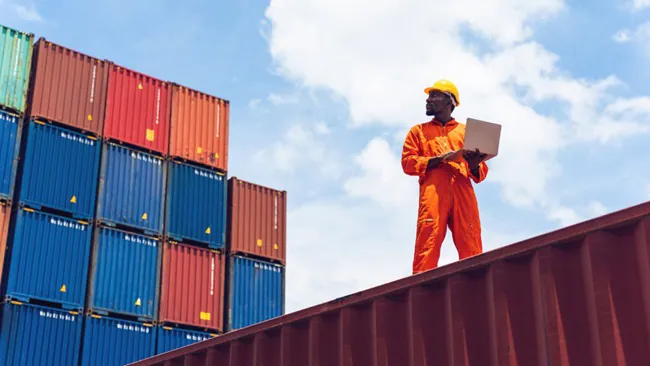
Expertise You Can Trust
Navigate Senegal’s import/export complexities with ease
Senegal’s trade regulations can be a labyrinth, but with Limark, you have a trusted guide. We have mastered the intricacies of Senegalese customs and compliance, ensuring your shipments flow smoothly and efficiently. Don’t let complex regulations hold your business back — let Limark be your gateway to success in Senegal.
As a leading supply chain provider in the region, Limark’s reliable and cost-effective shipping solutions give you peace of mind. Our streamlined processes and local expertise mean your goods arrive on time and within budget. Partner with Limark today and experience the difference of working with a true supply chain leader in Senegal.
Get Expert Guidance
Contact our regional experts
Partner with experienced freight forwarders and customs brokers for seamless shipping to and from Senegal. Ensure full documentation compliance with the guidance and logistics services of our team.
Sales enquiries
We’re here to discuss your supply chain and logistics needs at any time. Feel free to reach out to us.
Ready to ship?
Get your shipment moving faster. Request a quote today for our end-to-end supply chain services.
Other African Countries
